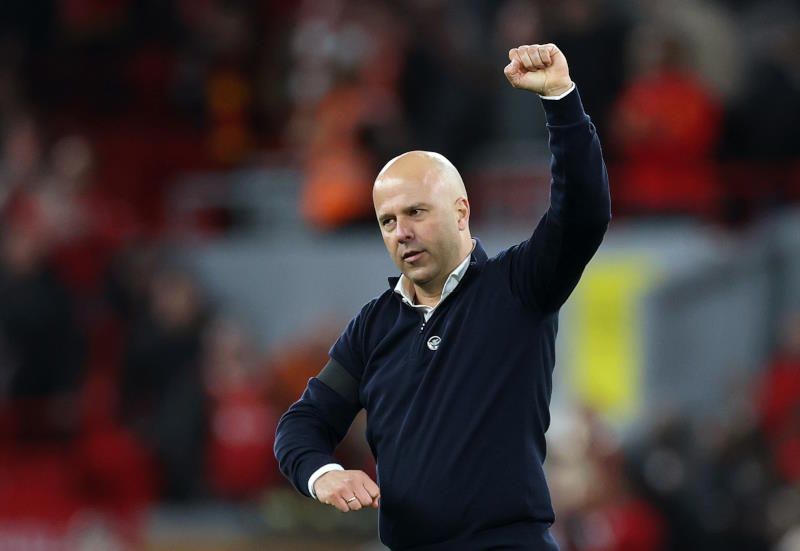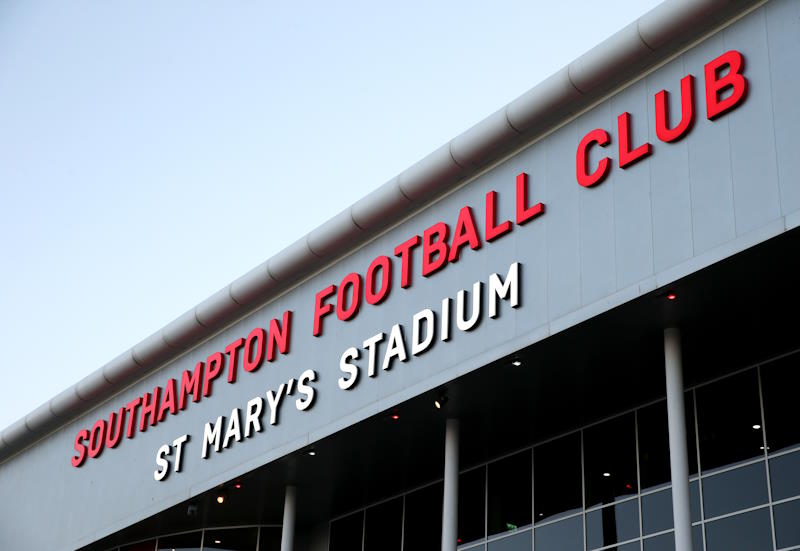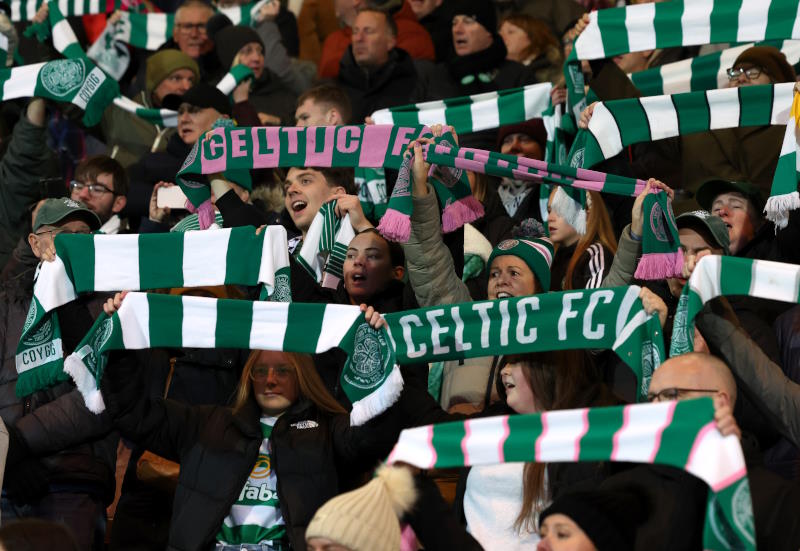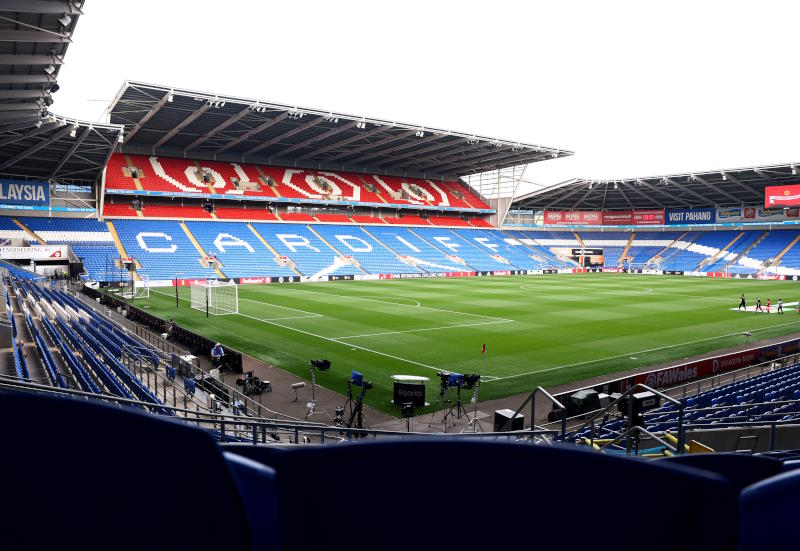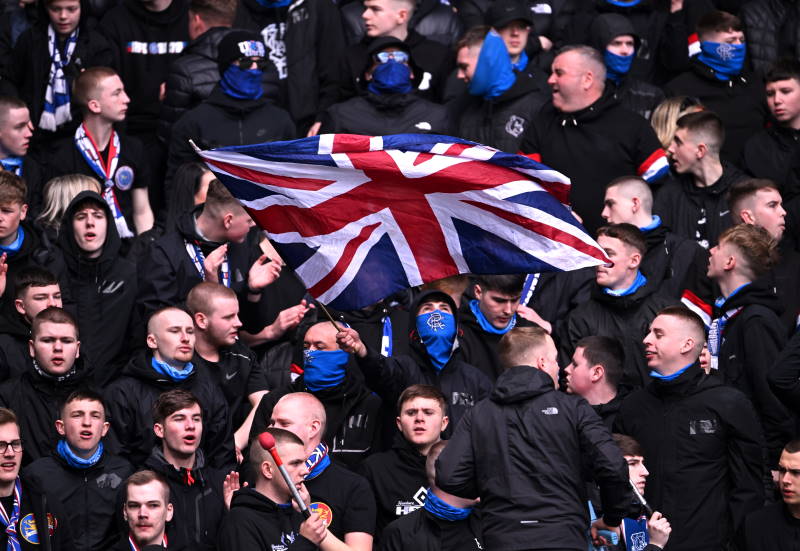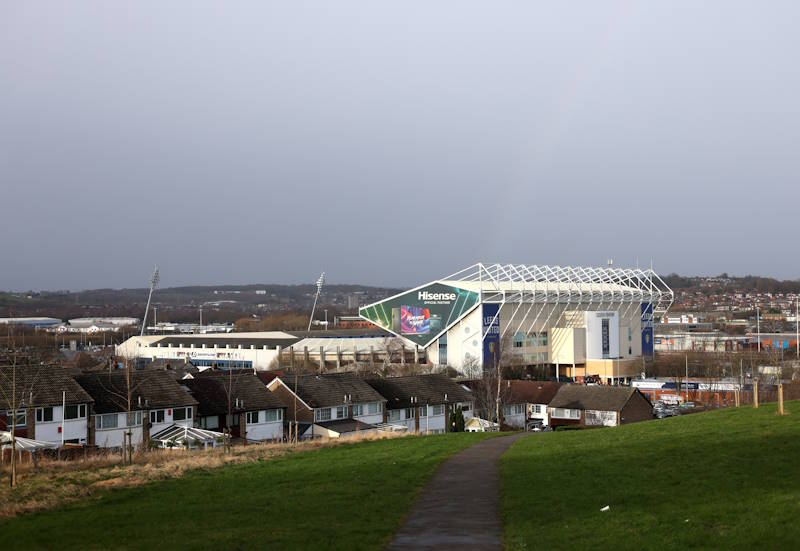
Some events that happen in the course of recorded time deserve to be forever canonised. King Henry VIII’s schism with the Catholic Church, Neil Armstrong’s 1969 Moon landing, and the destruction of the Berlin Wall towards the end of the 80s all represent historical landmarks that have shaped the course of humanity. The Spanish flag being waved over Catalan soil is another.
True, the latter event fades somewhat in comparison to the aforementioned ones. Catalonia is, after all, an integral part of the Spanish Kingdom. But the phenomena that took place in Barcelona and the rest of Catalonia after Spain won their first ever World Cup transcends the idea of a four-year football event, or football as whole, for that matter. On Sunday, 11th July, 2010, the Spanish Catalan territory witnessed a political milestone.
Change in Motion
Two days after the World Cup drew its final grasp of air, Joan Laporta’s seven-year tenure as president of FC Barcelona came to a close, after a successful reign that saw his team win 12 trophies, of which four were La Liga titles and two Champions League accolades. Yet despite his success, Laporta’s candidate for the job Jaume Ferrer finished in a miserable last place when the votes were counted, leaving the door wide open for Sandro Rosell, Laporta’s former ally and current foe, to win the elections with 61.35% of the vote.
Rosell’s triumph in itself constitutes a major change in the general political feeling of the Catalan population. A self-expressed Catalan nationalist, Joan Laporta’s tenancy drew vast criticism, as the lawyer continually utilised the club and its success as a personal political platform. Furthermore, his constant battles with his board of directors are epic: In 2005, he faced the resignation of five of his most trusted men in charge – Sandro Rosell was amongst them – for “adopting authoritarian traits and harbouring ambitions of power”. Later, towards the end of the year, Laporta confronted yet another scandal as his brother-in-law and Barcelona insider, Alejandro Echevarria, was revealed to be a member of the Francisco Franco Foundation, an institute dedicated to the memory of the former Spanish dictator, whose hatred for Catalan and any other form of regional separatism is well documented.
One doesn’t have to be bright to deduce that Joan Laporta’s popularity in the Catalan community was ever decreasing. In a way, the former Barcelona president shares similar traits with Ramon Calderon, the former Real Madrid headman, who despite embarking on a two-year success story during his reign, riddled the Merengue boardroom with corruption and disgrace.
The terrible failure of the pro-Laporta project during the recent polls points clearly to a change in the general Catalan view towards the issues of nationalism and independence. In a 2007-conducted interview by the University of Barcelona regarding total Catalan independence, only 13.5% believed that the community should obtain total freedom from Spain, as opposed to the 34% that were for the motion’s favour in 2005.
“Mes Que Un Club”
Yet to claim that a World Cup triumph ended centuries of oppression would be shooting a bit too far. The Catalan people in general and FC Barcelona in particular will always harbour the same “Mes que un club” spirit that has governed their existence for decades. However, as Sandro Rosell declared after he was announced as president, the club is now adopting a more central political view, all while staying true to the founding pillars that made Barcelona what it is today.
While remaining a political matter at heart, the successful Spanish World Cup campaign worked wonders in the establishment of a true feeling of unity and camaraderie in the ranks of La Furia Roja. The fact that nobody really cared when Carles Puyol and Xavi paraded the Catalan flag across Soccer City Stadium in Johannesburg meant little for the millions watching.
Even more, the turmoil surrounding the famous incident where Cesc Fabregas was “trapped” in a Barcelona shirt only drew laughter and comedy around Spain, leaving Fabregas’ employers Arsenal as the only people uncomfortable with the joke. The whole country wore red during the event, and “Ola, Ola, Ola, Catalunya es Española!” was heard in unison all over the Catalan community. People from Barcelona waived the red and yellow of Spain, all while wearing the famous red and blue colours of Barcelona they have grown to love and cherish over the years.
For the first time ever, the sense of Spanish nationalism is considerable in the Iberian Peninsula. Don’t bet on the Cules fans holding to their communal identity and stopping their weekend trips to the Camp Nou. But from now on, do bet on them placing their club rivalries aside and defending the shirt of Spain when it really matters. For the first time ever, Spain is now a unified nation.

